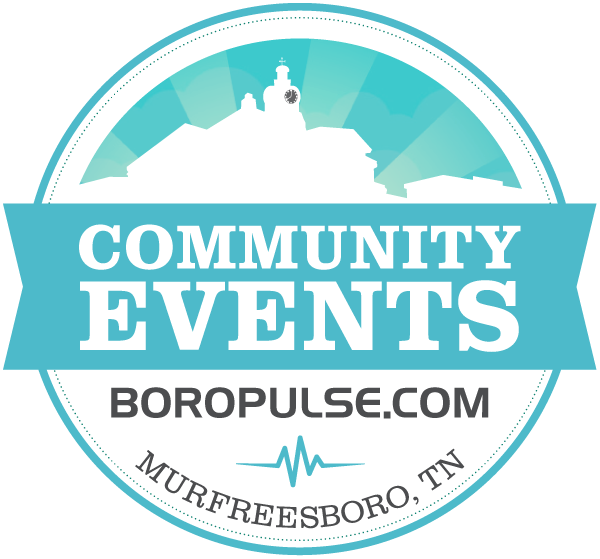by Marissa Villa James
majames@facey.com
What are you?” For biracial and multiracial people, this question is all too common. I have been asked this since childhood. Growing up biracial, I have had some issues with my identity and it has always been interesting to observe reactions to my cultural background.
Psychologically and subconsciously, we feel the need to categorize someone when we first meet them in order to feel a connection or possible bond. We pre-judge others based on our own experiences and feelings about culture and social status. When we meet someone different who does not fit into a specific category or label, we become confused, curious, or judgmental. I have observed all of these feelings and reactions.
I grew up in Fillmore, Calif., a small town about an hour and half north of Los Angeles. There is a large Hispanic population in the town due to the local citrus ranches employing migrant workers. Subsequently, many of my friends from childhood and to this day are of Hispanic or Latin descent. As a biracial child, I was accepted and embraced by a lot of my Hispanic friends and neighbors?initially due to the fact that I look Hispanic.
My Mother is Filipino and my father is of Scottish, Irish and English descent. Upon meeting people for the first time, they can never tell exactly what my cultural background is. Growing up in a large Hispanic population, a lot of people would start a conversation with me in Spanish. I speak a little bit of Spanish, but it is hard for me to hold a whole conversation. So, people are then thrown off when they have not pegged me as Hispanic. Or, people who are Hispanic judge me because they think: “here is a person of Hispanic descent who has not bothered to learn her culture and learn the language.” Hispanics are generally very proud of their culture, and sometimes even look down on you if you don’t speak Spanish.
When a conversation is initiated about culture and race with someone I am just getting to know, it is so funny to see them try to resist asking me “what are you?” They think it might be rude or presumptuous, but, it is so hard for them not to. The question comes out with an almost comical hesitation. I will tell someone I am Filipino, which is then followed by another look of confusion. I then tell them I am only half Filipino. And then they will say “Oh, I thought you were mixed with something . . . so you are half Filipino, half Hispanic?” So, when in a conversation that involves declaring my cultural background, I usually have to be quite specific.
While being from two cultures has never been an issue in my family, and the difference in color had no part in the way we loved or interacted with each other, I think this perspective is very different from how most of society views diversity. As a biracial person I have learned to embrace diversity, practice tolerance and approach others with compassion. I learned this from an early age from my parents. They are both college educated and studied cultural anthropology. My mother and father created a somewhat non-traditional (culturally speaking) home setting. Both my parents chose not to let the racist attitudes of both the majority American culture and the minority cultures color their perspective of the world. I have been blessed with a family as diverse as they come. All of my first cousins are mixed with Filipino and another European race, so acceptance and tolerance was never an issue within my family. If anything, our differences were celebrated. It is also fortunate for me that I grew up in California, which seems to be the biggest “melting pot” in the U.S. where nearly seven million people checked more than one racial category in the 2000 U.S. census, the first time in history Americans had the option to mark more than one box.
I like to think that my existence as a biracial person helps to change attitudes toward race, which in turn will reflect the larger changes from which our society can benefit. In a country that prides itself on the homogeneity of its population, I like to think that my existence will contribute to eroding long-standing prejudices.












